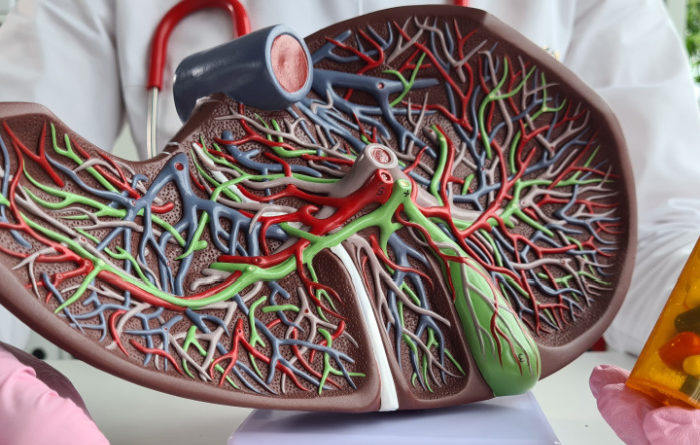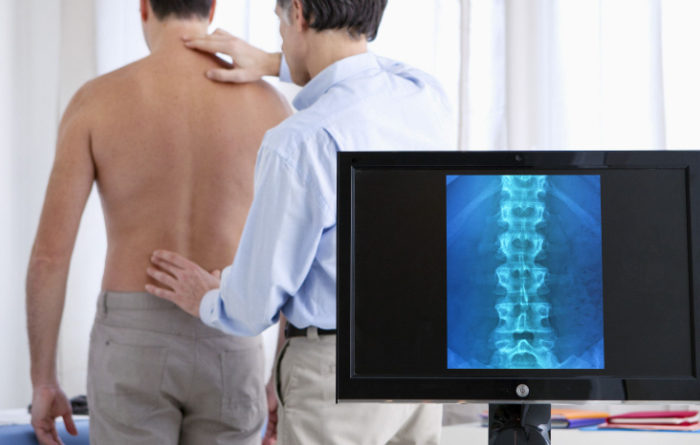Acute Pain. Acute back pain lasts from a few days to a few weeks. Subacute Pain. Subacute low back pain lasts between 4 and 12 weeks. Chronic Pain. Chronic back pain is defined as back pain that persists for more…
Stress affects the body in a variety of ways, from mood swings and headaches to weight fluctuations. An often overlooked side effect of stress is neck and back pain. Stress can also increase low back pain that was already present.
Bowel impaction can cause low back pain. Bowel impaction occurs when a piece of dry stool is stuck in the colon or rectum. The pressure in the rectum or colon can result in pain radiating to the back or abdomen.
Lying down helps open the space between your spinal vertebrae and reduces pressure on your spinal discs. It is not uncommon to discover that lying in certain positions is beneficial while other positions are aggravating. A physical therapist can assist…
Back pain that is not influenced by any activity or position requires a professional evaluation. Do not risk exacerbating the situation; visit a doctor as soon as possible.
Walking is one of the best things to do for back pain. Ten to fifteen minutes of walking twice a day can help ease lower back pain. Walking also strengthens the muscles that support the spine and increases blood flow.…
Pain lasting more than a week. Pain extending to other body parts. Numbness, tingling, or weakness in one leg or both legs. Pain following an accident. Pain accompanied by fever, weight loss, headache, fatigue, night sweats, or malaise. Problems with…
Severe night pain is cited as a "red flag" due to the possible presence of a tumor or infection causing back pain. Nocturnal back pain is also a symptom of spinal bone infection (osteomyelitis) and ankylosing spondylitis (AS), a condition…
It can be difficult to tell whether bone or muscle is causing your back pain. However, in general, bone pain feels sharper, deeper, and more debilitating than muscle pain.









